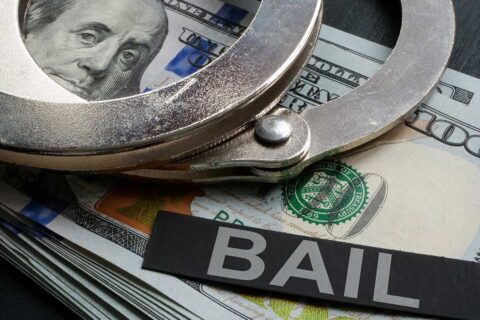How Long Does It Take To Get Out Of Jail After Posting Bail?
The time it takes to be released from jail after posting bail can vary significantly based on several factors. On average, the process can take a few hours to several days. All About Bail Bonds provides bail bonds in Bellaire, Fort Bend County, Independence Heights, Pasadena, Second Ward, Huntsville, TX, and surrounding areas.

These are some points to consider:
- Processing Time: Once bail is posted, the jail must complete the necessary paperwork and processing. This can include verifying the bail amount, confirming the payment method, and completing any additional administrative steps. The efficiency of the jail’s processing system can greatly impact the release time.
- Time of Day: The time of day when bail is posted can affect the release time. Posting bail during regular business hours is typically faster compared to late at night or on weekends. During these off-hours, the jail may have limited staff, leading to delays.
- Jail Capacity and Staff Availability: The capacity and staffing levels at the jail also play a crucial role. Overcrowded facilities or understaffed jails can experience delays in processing and releasing inmates.
- Type of Bail: The type of bail posted can influence the release time. Cash bail or bail bonds can generally be processed more quickly than property bonds, which require additional verification and documentation.
- Criminal History and Outstanding Warrants: If the individual posting bail has a complicated criminal history or outstanding warrants, this can delay the release process. The jail may need to conduct additional checks to ensure there are no other legal issues that need to be addressed before release.
- Jurisdictional Differences: Different jurisdictions have varying procedures and timelines for processing bail. Urban areas with high inmate populations may experience longer processing times compared to smaller, less busy jurisdictions.
In summary, while the average time to be released after posting bail is typically a few hours to a couple of days, various factors such as processing time, time of day, jail capacity, type of bail, criminal history, and jurisdictional differences can all influence the duration. Being aware of these factors can help set realistic expectations for the bail release process.
Call us anytime if you need information.





